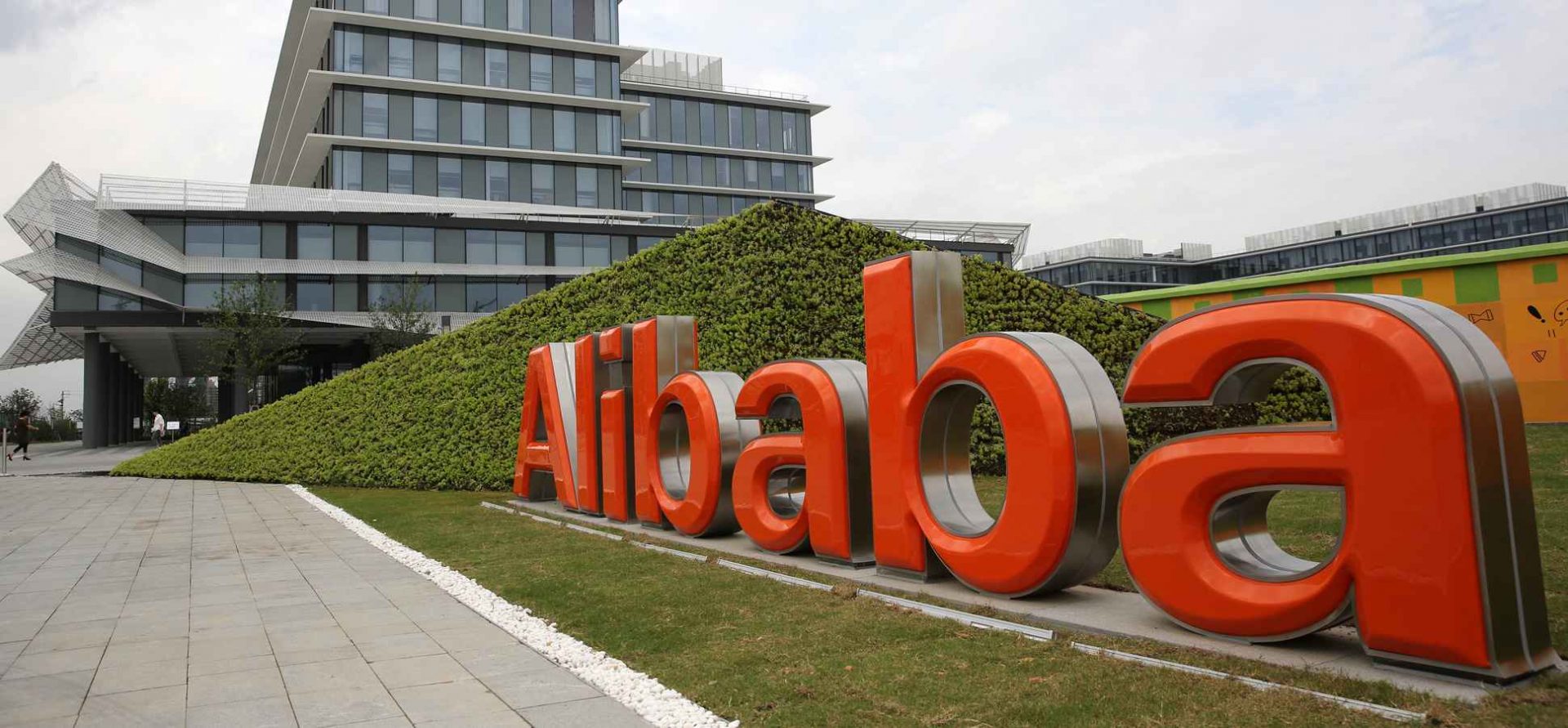Alibaba Singles’ Day: Chinese e-commerce giant sets new record

Alibaba scored another blockbuster Singles’ Day after customers around the world shopped in stores and online on the tenth edition of its November 11 shopping festival. That puts this year’s gross merchandise volume – a measure for the dollar value of total transactions – at a staggering $30.8 billion, although the company recorded its lowest-ever annual growth rate for the event.
The figure makes the spending bonanza more than twice the size of Cyber Monday and Black Friday combined in 2017.
This is by far the largest-ever Singles’ Day to date. Just 15 hours and 49 minutes into the spending spree, transactions leapfrogged that of 2017’s tally of $25 billion, the company announced on Twitter.
Brands whose transactions exceed more than 100 million yuan of gross merchandise value included Apple, Nike and Estee Lauder. The scale of business dwarfs similar U.S. holiday spending events such as Black Friday and Cyber Monday.
The Singles’ Day event started out with sales of only $7 million in 2009. Growth this year slowed in part because 11.11 discounting has been embraced by so many other Chinese platforms and merchants, including rival JD.com. To expand sales, Alibaba also promoted 11.11 on its Lazada platform for Southeast Asia shoppers.
Alibaba founder Jack Ma, who will step down as chairman in less than a year, attended the start of the gala in Shanghai and appeared in a video message in which he wrapped up live hair crabs, a popular online purchase.
Singles Day “is not a day of discounts, but rather a day of gratitude,” Ma said in the video. “It’s when retailers use the best products and best prices to show their gratitude to our consumers.”
Chinese e-commerce platforms have come under fire in the past for peddling low-quality and counterfeit items. Hong Tao, an economics professor at Beijing Technology and Business University, said Singles Day encourages shoppers to prioritise cheap prices over high quality, causing them to purchase items they don’t need.
“People are swept up in the festivities,” Hong said in a phone interview. “This burst of consumption, confined to just one day, can be exhausting for both buyers and sellers.”
The occasion also has big environmental implications.
While both Alibaba and competitor JD.com have pledged to use biodegradable packaging to cut down on waste, research conducted this month by Greenpeace East Asia said many plastics marked “biodegradable” and used by Chinese e-retailers can break down only under high temperatures in facilities that are limited in number across the country.
Greenpeace estimated that by 2020, “biodegradable” packaging could produce roughly 721 truckloads of trash in China every day.
As the world anticipates when the supercharged shopping day will hit a ceiling, sales are already cooling. The final total of 2018 represents a 27 percent increase from last year. That’s the lowest Alibaba has seen in the history of Singles’ Day sales, and a drop from 36 percent in 2017 — still, it remains impressive given how large the target is each year.
The slowdown came on the heels of Alibaba’s weakest revenue growth since seven quarters ago and a cut in annual revenue forecast – though revenues were still increasing at a healthy rate of 54 percent year-over-year in its latest quarter.

